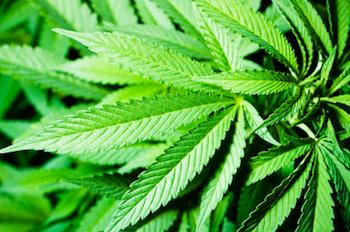 Past research has suggested that as we age, our brain functions slow down. But a new study from The University of Adelaide in Australia indicates that there are areas of the brain that remain as effective in old age as they are in youth.
Past research has suggested that as we age, our brain functions slow down. But a new study from The University of Adelaide in Australia indicates that there are areas of the brain that remain as effective in old age as they are in youth.A new study suggests that some areas of the brain may remain as effective in old age as they are in youth.
To reach her findings, Dr. Brooks analyzed the "spatial attention" skills of 60 older adults aged 55-95 and younger adults aged 18-38.
Spatial attention is the ability to focus on a particular object in an environment with an array of visual stimuli. We use spacial awareness in day-to-day life, such as when we drive, walk, and pick up and use objects.
Study participants were asked to carry out a series of spatial awareness tasks. One task, for example, required subjects to wear a blindfold while feeling a variety of wooden objects. They had to judge where they thought the center of each object was.
Results 'challenge current models of cognitive aging'
Dr. Brooks found that all participants - regardless of their age - believed the center of each object was more toward the left-hand side of where it actually was.She notes that in other tasks involving touch and sound, participants in both age groups gave the same responses, indicating that there may be cognitive systems in the right cerebral hemisphere of the brain - responsible for spatial awareness and other functions - that are protected from aging.
This study, according to Dr. Brooks, challenges current theories about how aging affects the brain:
"When we think of aging, we think not just of the physical aspects but also the cognitive side of it, especially when it comes to issues such as reaction time, which is typically slower among older adults.This research is part of an international collaboration with scientists from the UK, which aims to gain a better insight into the mechanisms behind spatial attention in the human brain.
Our results challenge current models of cognitive aging because they show that the right side of the brain remains dominant for spatial processing throughout the entire adult lifespan. We now need to better understand how and why some areas of the brain seem to be more affected by aging than others."
But Dr. Brooks notes that this study could also provide a better understanding of how conditions that impair cognitive functioning, such as Alzheimer's disease, affect the brain.
Medical News Today recently reported on a study by researchers from the University of Edinburgh in the UK, which suggested that older people who can process visual information quickly are more likely to stay mentally acute.
Another study, published in the journal Psychology and Aging, suggests that the brain functions of older adults work better in the morning.














